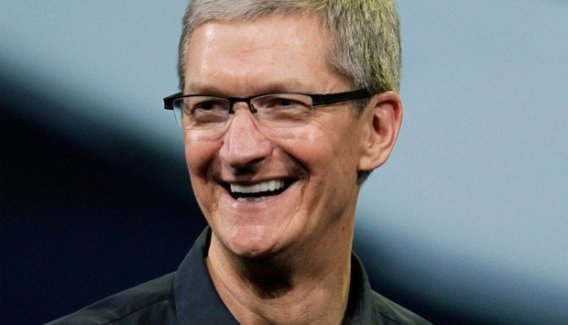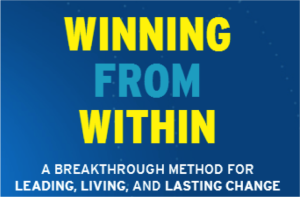I’m sure you’ve heard the news by now: Tim Cook is gay. He’s proud to be gay. Indeed, in a wonderfully straightforward statement in Bloomberg Businessweek, the Apple CEO declared for all to hear: “I consider being gay among the greatest gifts God has given me.”
Thank you, Tim. For your courage and your clarity. But perhaps most important, for showing us that compassion and care for members of society is a valued quality in a CEO. You have demonstrated how business leader and public servant can be one and the same.
Serving Society While Leading A Great Company
Cook’s announcement breaks important ground for gay business leaders, to be sure. His experience stands in stark contrast to the fall of Lord John Browne, former CEO of BP, whose sexual orientation became a scandal that ended his tenure at BP. Browne takes a new stance in his book The Glass Closet, encouraging employees not to hide or deny their personal lives the way he did. But Cook’s story gets it right the first time. Far from stepping down, he said he had the full support of his Board.
To go a step farther, though, his words may have even more impact on the lives of people who will never serve as CEO. People who will never join the business world at all. In making this announcement, with pride and confidence, he used the platform of his corporate role to support vulnerable members of the public. Because Tim Cook knows, like all of us do, about the many young people who face bullying, taunting, and ultimately, self-hatred as their gay identity starts to emerge. He knows what it could mean to them to have him as a symbol, telling them, “You’re okay. Look at me. I’m the CEO of Apple. You’ll be okay, too.”
Remember Tyler Clementi, the 18-year-old Rutgers University student who was humiliated to death over sexually experimenting with a man. Clementi had just arrived to college, and he met a man in the privacy of his own room. Tragically for Clementi, his roommate Dharun Ravi allowed Clementi no privacy at all. On the contrary, Ravi turned on a webcam pointed at the men and streamed the video. The second time Ravi did this he invited countless fellow students to join the mocking audience. Devastated by his public shaming, Clementi ended his life by jumping off the George Washington Bridge.
I can’t help but imagine that things could’ve been different for Clementi if he could have re-assured himself, “it’s okay for the Apple CEO. So it’s okay for me.” Could he have gained enough strength from that to ask for help instead of take his life? And what about Ravi? Might he have thought twice about mortifying a person with the same lifestyle preferences as the Fortune 500 CEO?
This is where Cook’s announcement becomes an inspiring act of leadership. Where his sense of role and purpose transcended serving his stockholders, his employees, or even his customers. He understands that as CEO, he can serve society-at-large — in this case by reaching out to all of the potential Tyler Clementi’s with solidarity and support. This is business leadership at its best, because it seeks to give back to the society that enables its commercial success.
Near the end of his statement Cook shows us what it means to lead with compassion for the public in mind:
“I don’t consider myself an activist, but I realize how much I’ve benefited from the sacrifice of others. So if hearing that the CEO of Apple is gay can help someone struggling to come to terms with who he or she is, or bring comfort to anyone who feels alone, or inspire people to insist on their equality, then it’s worth the trade-off with my own privacy.”
I have no doubt that hearing his announcement will do all of those. In the meantime, he role models for the rest of us what great leadership looks like.
Erica Ariel Fox is a founding partner at Mobius Executive Leadership, a lecturer in negotiation at Harvard Law School, and a senior adviser to McKinsey Leadership Development. She is the author of Winning from Within: A Breakthrough Method for Leading, Living, and Lasting Change (HarperBusiness, 2013).


